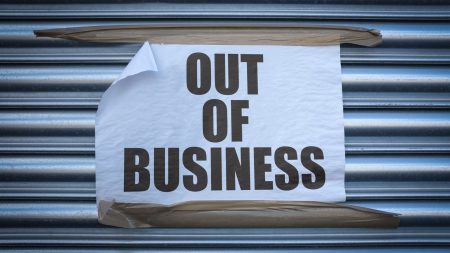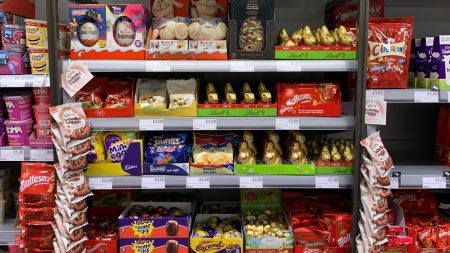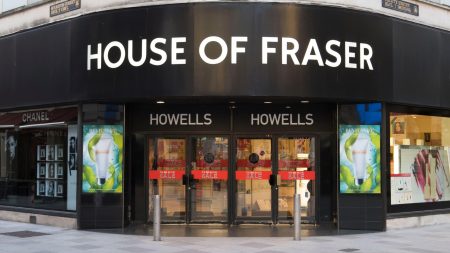YTL’s £4 Billion Investment in Bristol: A Vote of Confidence in the UK Economy
Amidst concerns about the UK’s economic prospects following a bond market rout and a decline in sterling’s value, Malaysian firm YTL’s commitment of £4 billion to create a new town in Bristol has injected a much-needed dose of optimism. The Chancellor hailed this investment as a testament to global confidence in the British economy. YTL’s project, dubbed "Brabazon," is poised to generate 30,000 jobs across the UK over the next five years. The development will encompass 6,500 homes, three schools, three hotels, and an entertainment arena, alongside plans for a retirement village and a new railway station. This significant investment signals a long-term commitment to the UK and underscores the potential for growth and development, particularly in regions outside of London. The Business and Trade Secretary lauded the investment as a "generational transformation" for North Bristol, highlighting the creation of vital infrastructure, new homes, and thousands of jobs. The Chancellor linked this positive development to her recent trip to China, emphasizing the government’s efforts to attract foreign investment.
Dyson’s Cancelled Research Centre and Economic Headwinds
While YTL’s investment provides a positive narrative, Dyson’s decision to scrap plans for a £100 million research centre in Bristol casts a shadow over the city’s economic landscape. Sir James Dyson’s criticism of last year’s budget as an "egregious act of self-harm" underscores the challenges the government faces in fostering a business-friendly environment. Despite securing a £50 million investment from Japanese firm Jatco for a new battery powertrain factory in Sunderland, creating 183 jobs, the overall economic picture remains complex. Concerns about rising costs, hiring freezes, and economic uncertainty continue to weigh on businesses.
Kurt Geiger’s US Expansion and Retail Resilience
In the retail sector, Kurt Geiger’s impressive growth, fueled by its US expansion, offers a bright spot. The British shoe and bag firm’s sales have increased 100-fold in the past seven years, reaching £250 million. A 60% jump in US sales between February and September has prompted plans for five new stores across California, New York, and Mexico. This ambitious expansion strategy demonstrates the brand’s confidence in the North American market and its resilience against economic headwinds.
Vistry’s Recovery and the Housing Market
The housing market has also witnessed fluctuations, with homebuilder Vistry narrowly avoiding another profit downgrade. After a turbulent period marked by three profit warnings in the last quarter of 2024, Vistry’s shares rebounded as the company announced an overhaul of its management and tightened cost controls. The projected annual revenues of £4.4 billion, a 9% increase from the previous year, suggest a degree of stabilization in the housing market. However, the sector remains susceptible to fluctuations in interest rates, inflation, and consumer confidence.
Recruitment Sector Slowdown and Economic Uncertainty
The recruitment sector, a key indicator of economic health, is facing challenges as major firms like Hays, Pagegroup, and Robert Walters report a slowdown in the global jobs market. Hays’ downward revision of profit forecasts, driven by a 15% decline in fee income, reflects a broader trend of hiring freezes and cautious spending by businesses grappling with rising costs and economic uncertainty. This slowdown highlights the interconnectedness of various sectors and the potential for knock-on effects across the economy.
Murphy’s Stout’s Unexpected Surge and Adaptability
In a surprising turn of events, Murphy’s stout experienced a remarkable 632% surge in sales in December, capitalizing on a national shortage of its rival, Guinness. Heineken, the owner of Murphy’s, attributed this surge to "overwhelming demand." This unexpected boost demonstrates the importance of adaptability and the potential for brands to seize opportunities presented by unforeseen circumstances. Murphy’s clever marketing campaign, playing on Guinness’s iconic slogan, further amplified the brand’s visibility and market share gains. The episode underscores the dynamic nature of consumer markets and the importance of agility in responding to changing circumstances. While the long-term implications of this shift remain to be seen, Murphy’s success highlights the potential for brands to capitalize on market disruptions.











